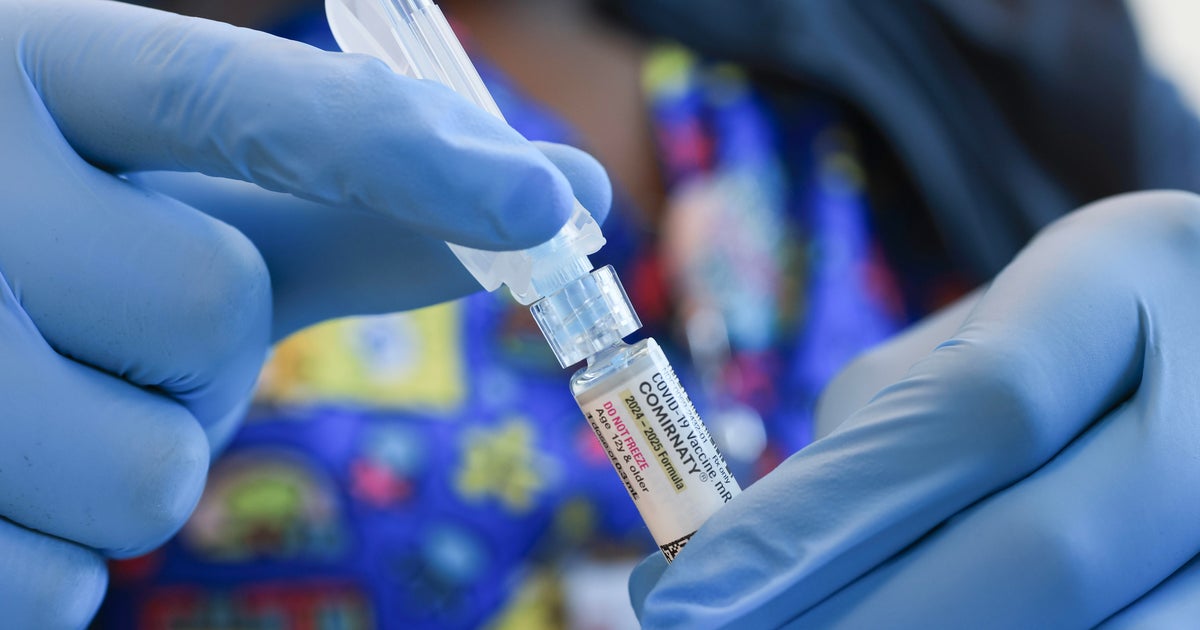
Washington — Health and Human Services Secretary Robert F. Kennedy Jr. unveiled a significant initiative on Thursday aimed at overhauling the nation’s organ transplant system, alongside a decisive move to decertify a controversial organ procurement organization.
“Every American should feel safe becoming an organ donor and giving the gift of life, yet decades of ignored patient safety concerns have driven more and more Americans off the donor list,” Kennedy stated. “Today, under President Trump’s leadership, we are taking bold and historic action to restore trust in the organ procurement process.”
In recent years, transplant experts have reported a troubling rise in individuals opting out of organ donor registrations. This shift was spurred by alarming incidents, including a case involving a Kentucky man who was mistakenly declared dead and revived just as a medical team was preparing to harvest his organs. Since that incident, there have been numerous additional reports of similar errors, raising serious questions about the integrity of the organ donation process.
Kennedy emphasized during a news conference that the decision to decertify the Life Alliance Organ Recovery Agency—a division of the University of Miami Health System—was driven by years of documented failures in patient safety and repeated violations of federal regulations. “We intend this decision to serve as a clear warning,” he declared.
He criticized the Biden administration for overlooking these issues, asserting that the current administration is committed to prioritizing patient safety above all else. Alongside the decertification, Kennedy announced plans to reform the Organ Procurement and Transplantation Network and invest in innovative strategies to promote organ donation.
In July, the Department of Health and Human Services (HHS) revealed its plan to initiate reforms within the organ transplant system, following a federal investigation that exposed “disturbing practices” by a major organ procurement organization. Kennedy remarked that the investigation, carried out by the Health Resources and Services Administration under HHS, uncovered instances where hospitals prematurely began the organ procurement process while patients exhibited signs of life. He described these findings as “horrifying” and pledged to hold accountable those responsible for coordinating organ transplants.
The investigation scrutinized 351 cases of organ donation that were “authorized, but ultimately not completed,” revealing that nearly 30% contained “concerning features.” Incredibly, at least 28 patients may not have been deceased at the time organ procurement was initiated.
With over 100,000 individuals on the national transplant waiting list and 13 people dying every day while waiting for a transplant, the urgency for reform is palpable. Currently, there are 55 organ procurement organizations across the country, each serving specific geographic regions.
In a letter sent to the Life Alliance Organ Recovery Center in July, House Ways and Means Committee Chairman Jason Smith and House Oversight Subcommittee Chairman David Schweikert demanded documents related to allegations that the organization “knowingly and deliberately engaged in a Medicare fraud scheme.” The letter referenced a troubling report from The New York Times detailing a case in which clinicians sedated a patient, withdrew life support, and then waited for death before removing the organs, despite the patient showing signs of distress.
“Patient safety lapses have long been a recurring issue for your organization and others like it, reflecting a history of ongoing concerns rather than isolated incidents,” the chairmen wrote.
In response to the growing concerns, CBS News reached out to the Life Alliance Organ Recovery Agency for comment, but has not yet received a response.
The Association of Organ Procurement Organizations, of which Life Alliance is a member, issued a statement affirming their commitment to saving lives and supporting the ongoing improvement of the organ donation and transplantation system. “As advocates for the patients and donor families we serve, OPOs are committed to and invested in the ongoing improvement of our nation’s organ donation and transplantation system,” the group said. “Patient safety is the top priority for everyone involved in this lifesaving work and it guides our actions every day.”
Since taking office earlier this year, Kennedy has been advocating for significant reforms to the nation’s healthcare systems, but his leadership has not been without controversy. Recent weeks have seen a number of high-profile departures from the Centers for Disease Control and Prevention (CDC), prompting criticism of his management style. On Wednesday, Susan Monarez, who was removed as CDC director less than a month after her confirmation, testified before a Senate committee that she experienced pressure from Kennedy to alter childhood vaccine schedules without scientific backing.
Kennedy defended his actions before a Senate committee earlier this month, claiming that restructuring at the CDC was “absolutely necessary.” He denied any accusations of pressuring the former director regarding vaccine recommendations, suggesting instead that she misrepresented the circumstances surrounding her termination.
As the debate over organ procurement and healthcare reform continues, Kennedy’s recent announcements signal a pivotal moment in the quest to safeguard patient rights and restore confidence in the organ donation system.


